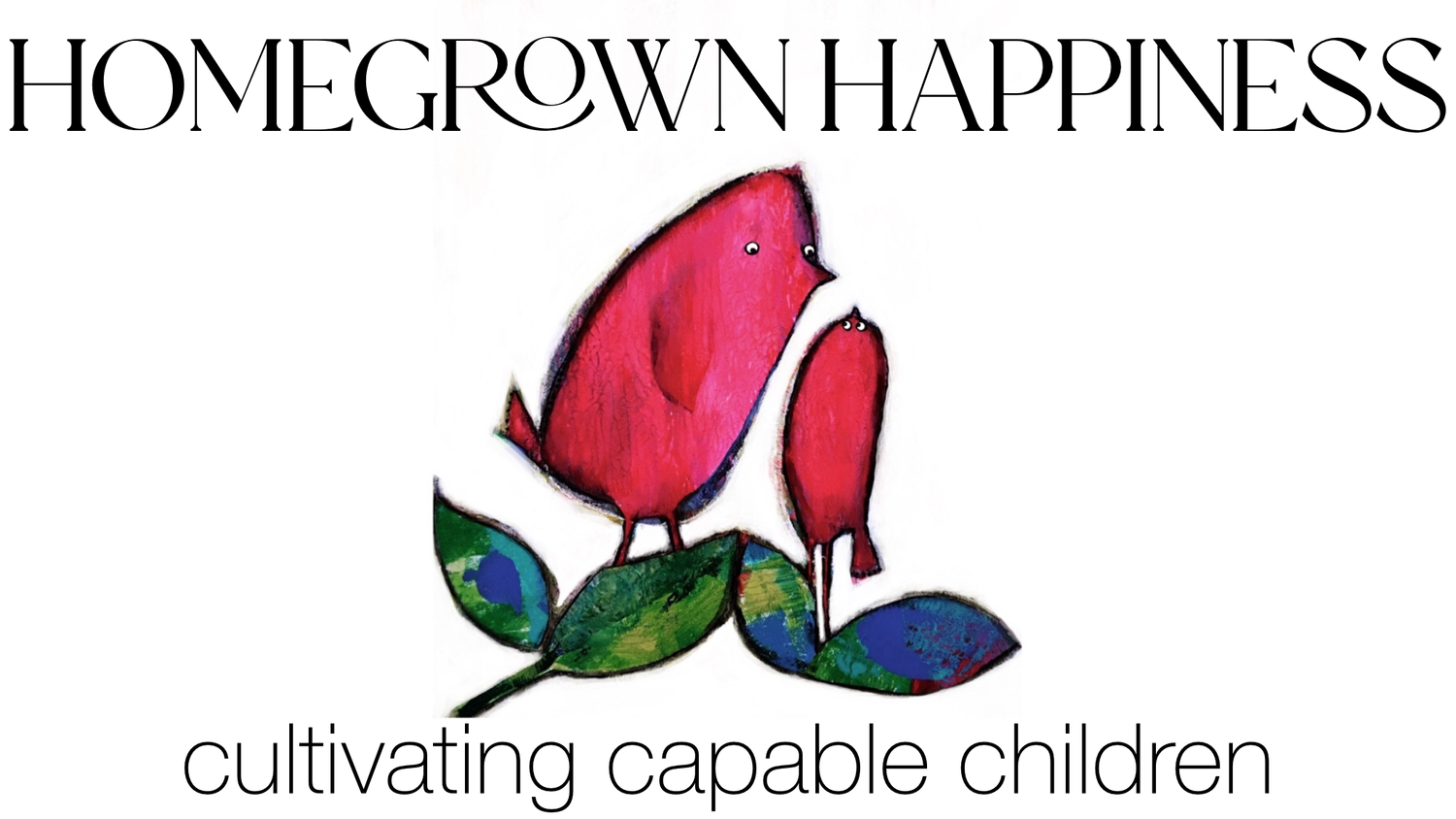“Feeling gratitude and not expressing it is like wrapping a present and not giving it.” ~William Arthur Ward
Gratitude is crucial to our well-being and our social lives. Research from a study published in the Journal of Research in Personality found that “Over time, gratitude leads to lower stress and depression and higher levels of social support.”
As parents, we need to bring gratitude into our own lives and set a good example.
If we want to make a bad day better, we have the power. At the end of the day, there is ALWAYS something to be grateful for. If we focus on that rather than on how stressed/tired we are, we will raise our overall happiness set point! It takes practice, but it is possible to reprogram our subconscious to create more of what we’re appreciating.
Here are some ways to nurture the gratitude mindset in yourself and your children:
Do not compare yourself to others. Comparisons are unfair. People are too unique to compare fairly. It’s wasted energy. It distracts us from taking charge of our own life.
Praise qualities, not looks.
Focus on simple things. We can’t improve our happiness if we take for granted what we already have: sleeping on clean sheets, laughing until your stomach hurts, when a baby holds your finger!
Practice PLEASE and THANK YOU. It’s hard to force a child to speak, so model for them.
Verbally express gratitude to your children and loved ones. Thank them often. We all want to be needed. It breeds kindness.
Expect children to pitch in around the house. When children participate in helping the family, they start to realize all the things we do for them.
Start a daily gratitude tradition at dinner or bedtime.
Let children be responsible for their friends’s gifts. If we do all the work—order off Amazon, wrap the gift, sign the card—they won’t get to practice thinking of others.
Practice writing thank you notes together.
Volunteer. Volunteering shouldn’t be about feeling sorry for those with less. It should come from feeling helpful. It’s about thinking of a way to make someone else’s life easier, better.


